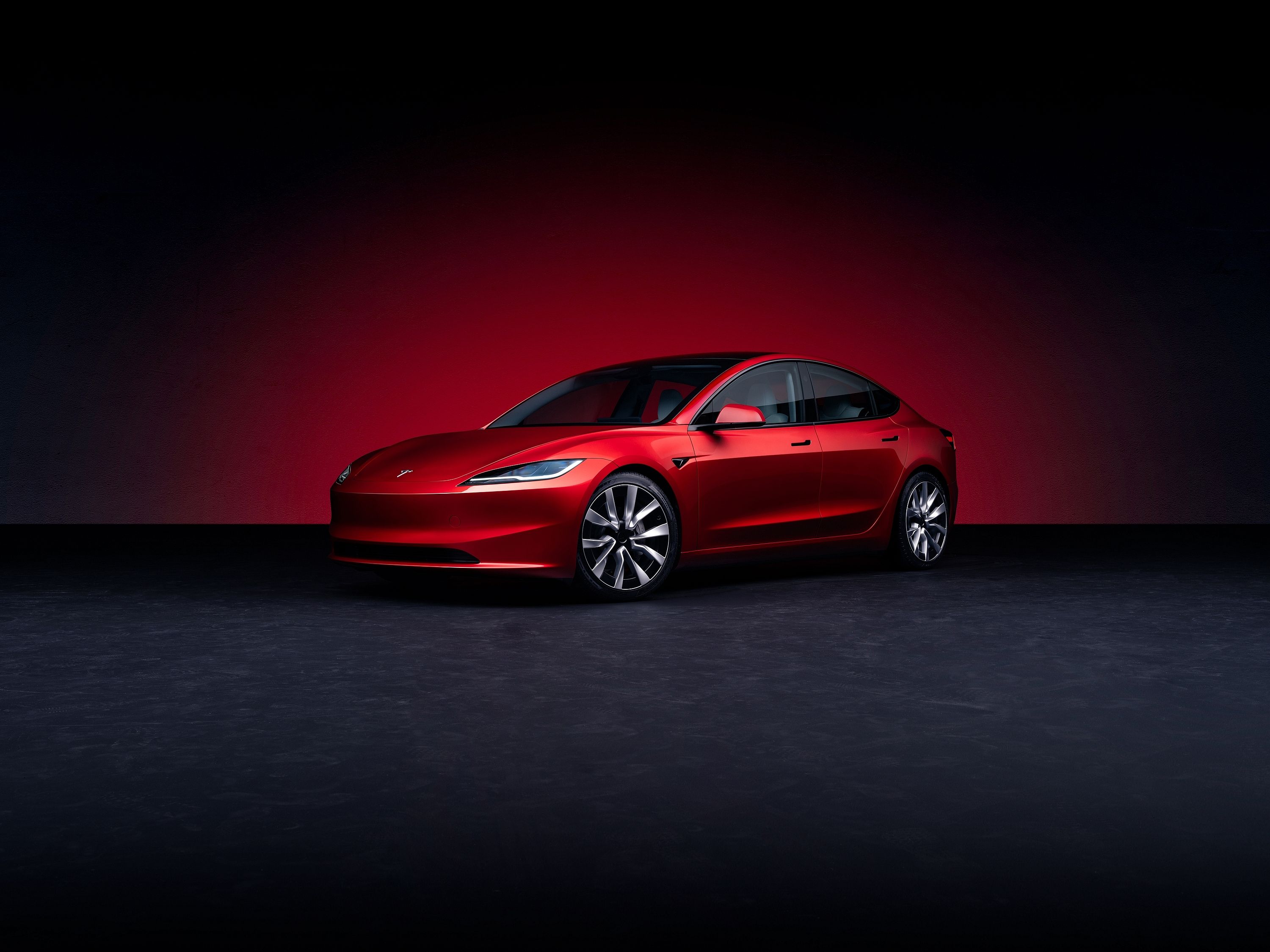
Well-known Tesla hater, The Dawn Project, has ramped up its efforts to ban Tesla's Full Self-Driving (FSD) by buying a 30-second slot during Super Bowl LVII. Since the Super Bowl draws one of the biggest crowds in the USA, the average cost of a 30-second slot in 2023 was estimated to be $6-7 million, not including the production cost of said ad.
The Dawn Project's spot isn't as smart or high-budget as the General Motors and Will Ferrell collaboration. In fact, the production value is quite poor, but it gets to the point within a second. "Tesla Full Self-Driving will run down a child in a school crosswalk," the narrator says, with accompanying footage of a child-sized dummy getting pummeled by a Model 3.
From there, it mentions cars moving into oncoming lanes, running down babies, going straight past stopped school buses, and a host of other accusations.
According to The Dawn Project, Tesla's FSD is endangering the public with deceptive marketing and "woefully inept engineering." The ad also claims that 90% of people agree that it should be banned immediately. Unfortunately, no source for these claims was provided, which is why CarBuzz did a bit of digging.
The 90% figure relates to a study done by Ocean State Research on The Dawn Project's behalf. The organization surveyed 1,021 registered voters in New York and put forth one question: "A Full Self-Driving car that would run over a child in a crosswalk must be banned from our public roads. Do you agree or disagree?"
Naturally, 90% agreed. Not exactly a fair question, is it?
The question above is extremely specific, especially since it unequivocally states that the car will run a child down. Anybody in their right mind would agree that such a system should be banned, but the ad makes it seem like 90% of people agree that Full Self-Driving, in general, should be banned. The 30-second spot also fails to provide evidence that Full Self-Driving was engaged when the mannequin was run down.
The Dawn Project conducted a series of its own safety tests with Teslas throughout 2022, but again, without evidence that the tests are as fair and objective as those that a government agency would conduct. The interior and exterior footage missing from the Super Bowl ad can easily be found on its website.
Regardless, this is just another instance of The Dawn Project and its founder Dan O'Dowd continuing their war with Tesla. Last year, they paid $150,000 for a full-page ad in the New York Times, telling Americans not to be Tesla's crash test dummies. That was in November 2022, and then they went fairly quiet.
We assumed O'Dowd decided to back off after Tesla sent a cease-and-desist following a huge spat that went viral after the organization launched a nationwide TV ad campaign showing supposedly self-driving Teslas plowing kids down. Tesla's ardent fanbase even put the lives of their own kids on the line, and eventually, the NHTSA had to intervene.
It's now clear that O'Dowd and The Dawn Project spent the rest of 2022 collecting more evidence against Tesla to make a big splash during the biggest TV event in America. This follows shortly after California banned Tesla from calling the system Full Self-Driving because the name is misleading.
O'Dowd might also have felt it was necessary as Full Self-Driving Beta is now available to all North American customers.
While we question The Dawn Project's methods, there should be no doubt that Tesla's so-called self-driving system ought to be thoroughly tested before being rolled out on the roads freely, especially since so many users abuse the system.
Dan O'Dowd started making a name for himself in April 2022 when he made a senate run in California based on hating Tesla. His entire campaign was based on hating Tesla and not being serious about becoming a Senator.
O'Down apparently has billions in the bank and advocates for safer autonomous driving systems. He's also the founder and CEO of Green Hills Software, a direct rival to Tesla in the automated driving space. Green Hills Software only works on autonomous software, but it's hard to ignore the conflict of interest here.
"This isn't about competition; it's about keeping our families and our communities safe from defective software that simply doesn't work," O'Dowd stated in April 2022.




